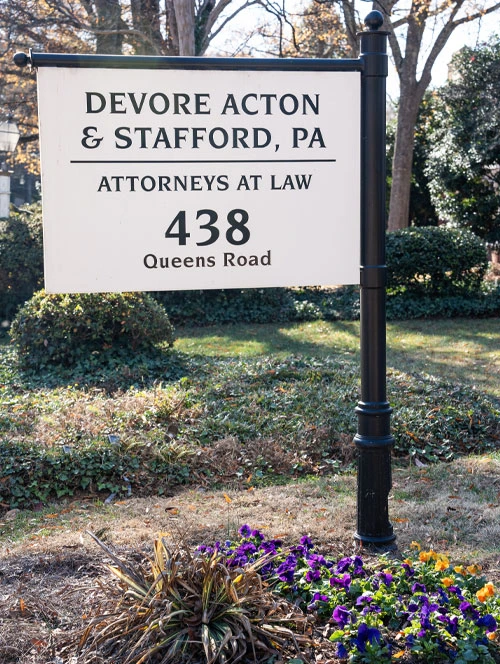Stay awake, stay safe: It’s Drowsy Driving Prevention Week

From the end of daylight savings time to staying up late to watch the election results, there’s a good chance that more than a few Americans were behind on sleep this week. In fact, while most of us think nothing of occasionally getting a few less hours of rest, the reality is that it happens far more often than we think and, more significantly, that it has a dramatic impact on road safety.
Interestingly enough, this week is actually Drowsy Driving Prevention Week, an annual campaign organized by the National Sleep Foundation to raise awareness about a dangerous phenomenon that statistics show is responsible for an astounding 6,400 motor vehicle accident fatalities per year.
Lest you still question the need for such a campaign, consider the following figures from the NSF:
- Roughly three percent of the U.S. population — over seven million drivers — indicated that they had nodded off behind the wheel in the previous two weeks.
- The majority of people surveyed by the NSF indicated that they only felt truly rested for only four days per week.
- Nearly 15 million people work night shifts, rotating shifts, evening shifts, or other long or irregular hours, all factors associated with an elevated risk of drowsy driving.
As shocking — and perhaps discouraging — as these figures are, the good news is that the NSF has devised some basic steps that people can consider taking outside of getting eight hours of sleep to reduce their risk of a drowsy driving accident:
- Avoid getting behind the wheel if you’ve been awake for at extended time.
- Drink a caffeinated beverage if you feel drowsy and have to drive for a while
- Plan regular stops, or stops at least every 100 miles or two hours if on a road trip
- Attempt to keep driving confined to your typical daily schedule
Have you been involved in an accident caused by a drowsy driver? Have you ever had to actively combat drowsy driving? If so, what did you do that helped?

request your consultation
"*" indicates required fields


